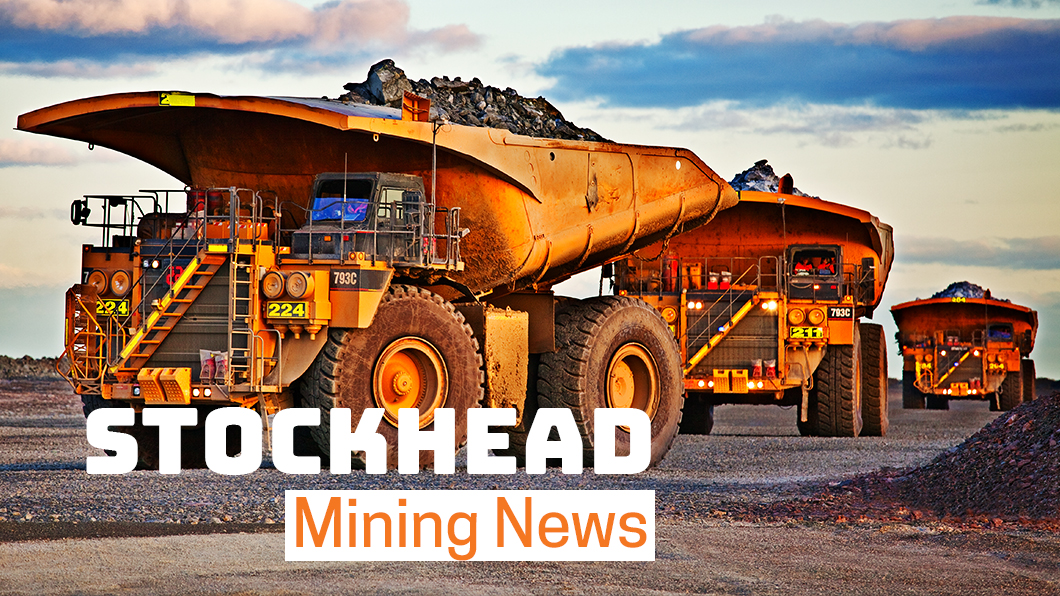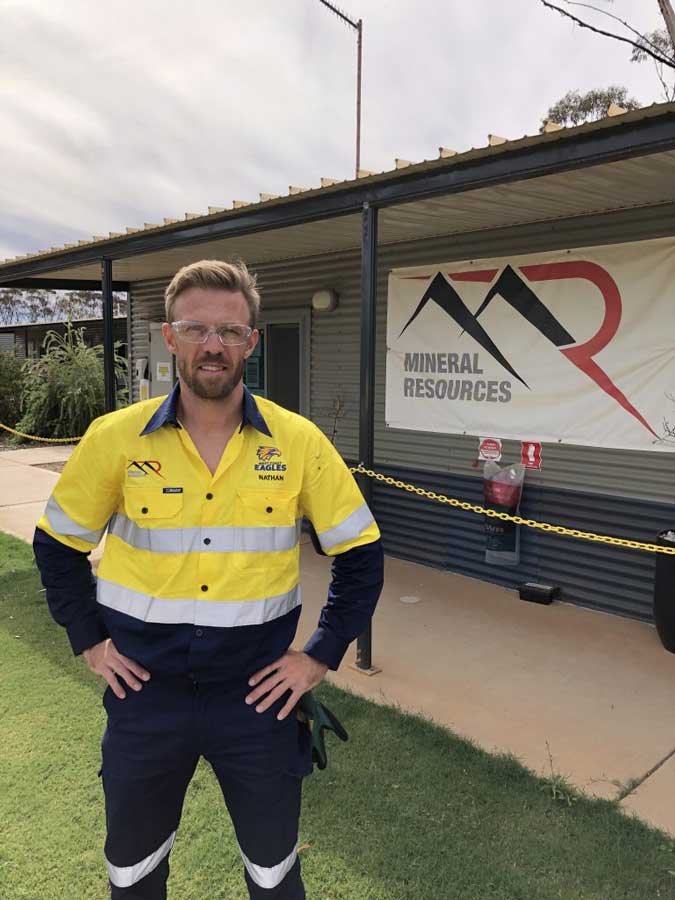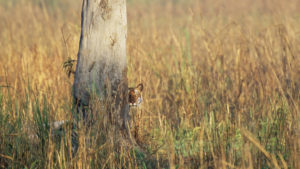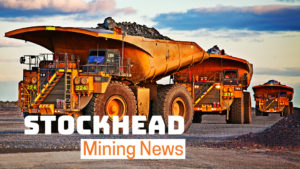Major miners, oilies doing everything from recruiting AFL coaches to repurposing caravans for COVID-19

Pic: John W Banagan / Stone via Getty Images
The COVID-19 pandemic has impacted Australia in many ways from restrictions placed on gatherings and movement, government programs to keep people employed and organisations scrambling to secure medical supplies and equipment.
While there are clear signs that we have turned the corner and started to flatten the curve, there are still concerns that a second wave of infections could occur if social distancing measures are not adhered to, at least until a vaccine or treatment is developed.
Major resource companies have not been sitting still in the last two months with nearly all playing some role in alleviating the impact of the virus.
READ: One fund’s view on the way out of COVID-19 lockdowns and the stocks its been buying
Mineral Resources (ASX:MIN) has taken advantage of the suspension of the Australian Football League (AFL) season to engage a number of coaches from the West Coast Eagles.
The assistant coaches are being deployed on FIFO shifts to several of its mine sites to provide personal motivation and advice on health, nutrition and wellbeing to its workers.
Former Adelaide Crows captain and West Coast assistant coach Nathan van Berlo, who was temporarily stood down before this opportunity arose, believes there could be some transferable skills he could take away with him.

Moving onto the biggest players, BHP (ASX:BHP) set up a $50m Vital Resources Fund in late March to support regional Australian communities where it operates in dealing with the impact of the pandemic.
The major said over the longer term, it wanted to use the funds to work with governments to increase resources and training available to jobseekers.
The company recently made a $7.59m investment from this fund to help local health care providers in central Queensland – Mackay Hospital and Health Services (MHHS) and Vanguard Health – to develop and service COVID-19 testing centres.
Once established, the new centres will each be capable of seeing 100 patients per day and will offer a mix of drive through, walk-in, tele-health and face-to-face clinician consultations, easing the strain on regional health services and hospitals.
BHP has also provided suicide prevention service Lifeline WA with $300,000 to help support mental health.
Lifeline WA has recorded a 25 per cent increase in calls since the announcement of the pandemic, with almost 40 per cent of calls relating to COVID-19.
In Newman, Western Australia, BHP has partnered with East Pilbara Independence Support to launch a four-bedroom facility, with an additional 15 facilities available if required by the Newman community.
This provides Aboriginal people – particularly the elderly, frail or disabled – with the facilities to isolate themselves if they develop symptoms of COVID-19 or have been in contact with a person who has tested positive.
Its geoscience team has also repurposed spare BHP caravans to provide temporary facilities to help the local women’s shelter and police in Newman.
Each repurposed three-bedroom caravan now serves as a temporary home for women and children in their time of need, addressing the shelter’s lack of appropriate facilities to isolate and house people if there is a suspected or confirmed case of COVID-19.
BHP also provided a caravan kitted out with a generator, fridge and air conditioning to police stationed at Newman to make their stay a bit cooler and more comfortable, while a separate caravan has been set up at a checkpoint at the Capricorn Road House, where local police are restricting travel between Western Australia’s regions for a two-week period.
Meanwhile, Rio Tinto (ASX:RIO) has pledged $25m to supply masks and protective equipment as well as donations to national and local communities, hospitals and international agencies.
The funds will also be used to provide ventilation units and temporary medical units along with furthering investment in education and financial literacy programs.
Liquefied natural gas producer Woodside (ASX:WPL) has established a $10m COVID-19 fund to support community organisations in Western Australia.
This allows not-for-profit organisations in the communities the company operates — such as Karratha, Roebourne, Exmouth, Broome, Dampier Peninsula and Perth — to apply for funding.
Fortescue Metals Group (ASX:FMG) has donated $1m to boost the Royal Flying Doctor Service Western Operations’ frontline services during the outbreak.
It has also extended its community grants program to allow organisations and projects in the Pilbara that have been impacted by the virus to apply for up to $5,000 in funding.
Additionally, Fortescue founder and iron ore magnate Andrew Forrest and his wife Nicola’s Minderoo Foundation has committed up to $160m to help Australia deal with the COVID-19 crisis by securing critical health equipment.
The foundation has already secured tonnes of personal protective equipment and has also launched a new program to build national disaster resilience.
It has also committed $1m to support a clinical trial aimed at testing the effectiveness of malaria drug hydroxychloroquine and HIV drug lopinavir/ritonavir in treating patients with COVID-19.
Somewhat more controversially, Clive Palmer has trumpeted his foundation’s move to acquire more than 30 million doses of hydroxychloroquine, which has been promoted by US President Donald Trump as a potential treatment for COVID-19, and is donating the doses to the National Medical Stockpile.
However, early studies in the US and China have shown that the drug has no demonstrated benefit when given along or in combination with an antibiotic.
The billionaire has also donated $1m to the Royal Brisbane Hospital to help fund the start of clinical trials of drugs that have allegedly cleared the virus in test tubes.
Australia’s richest woman, Gina Rinehart has also donated $2.6m towards a “multi-therapy” trial that combines hydroxychloroquine with zinc, vitamin C and antibiotics in a bid to reduce deaths resulting from the virus.
NOW READ: Going Viral: All the best COVID-19 news from the week
Related Topics
UNLOCK INSIGHTS
Discover the untold stories of emerging ASX stocks.
Daily news and expert analysis, it's free to subscribe.
By proceeding, you confirm you understand that we handle personal information in accordance with our Privacy Policy.








